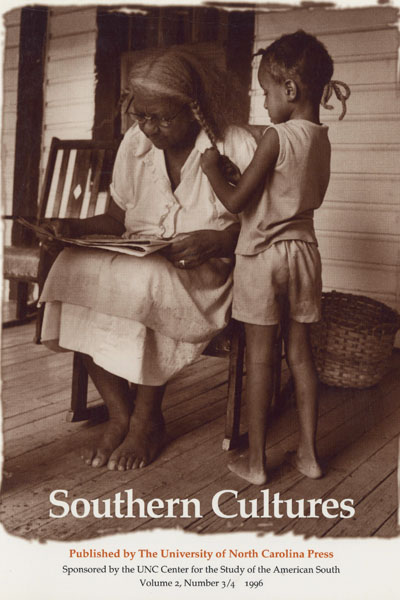“The author explores deep divisions between early-twentieth-century South Carolina’s farmers and mill hands as seen in the work of Erskine Caldwell and in recent labor history.”
Will Thompson is a worker, a white southern mill worker. He is not a tenant farmer turned mill worker; he is a lifelong mill worker. “The sight of the bare land, cultivated and fallow,” it was written of him, “with never a factory or a mill to be seen made him a little sick to his stomach.” When a lock-out shuts down the South Carolina factory where he worked in the early 1930s, he reluctantly agrees to join his wife, Rosamond, on a trip to see her family in rural east Georgia. The Waldens are farmers, or at least they used to be. Now, Ty Ty and his sons spend their days on a quixotic, comical quest for gold. Deep random craters, rather than neat symmetrical rows of cotton dot the gentle slopes leading away from their weather-beaten wood-framed house. Neither planting nor digging, fresh air nor open place, however, has a hold over Will Thompson. The silence of the country makes him edgy. Within a day he has to get back home to the crowded company town in the Horse Creek Valley, to the smokestacks, to the men and women sitting on the porches of their identical, four-room yellow mill houses. For Will the roar of the machinery and the hacking coughs of the men of the mill town are not the sounds of death but of the glorious, precarious life of a mill worker.


